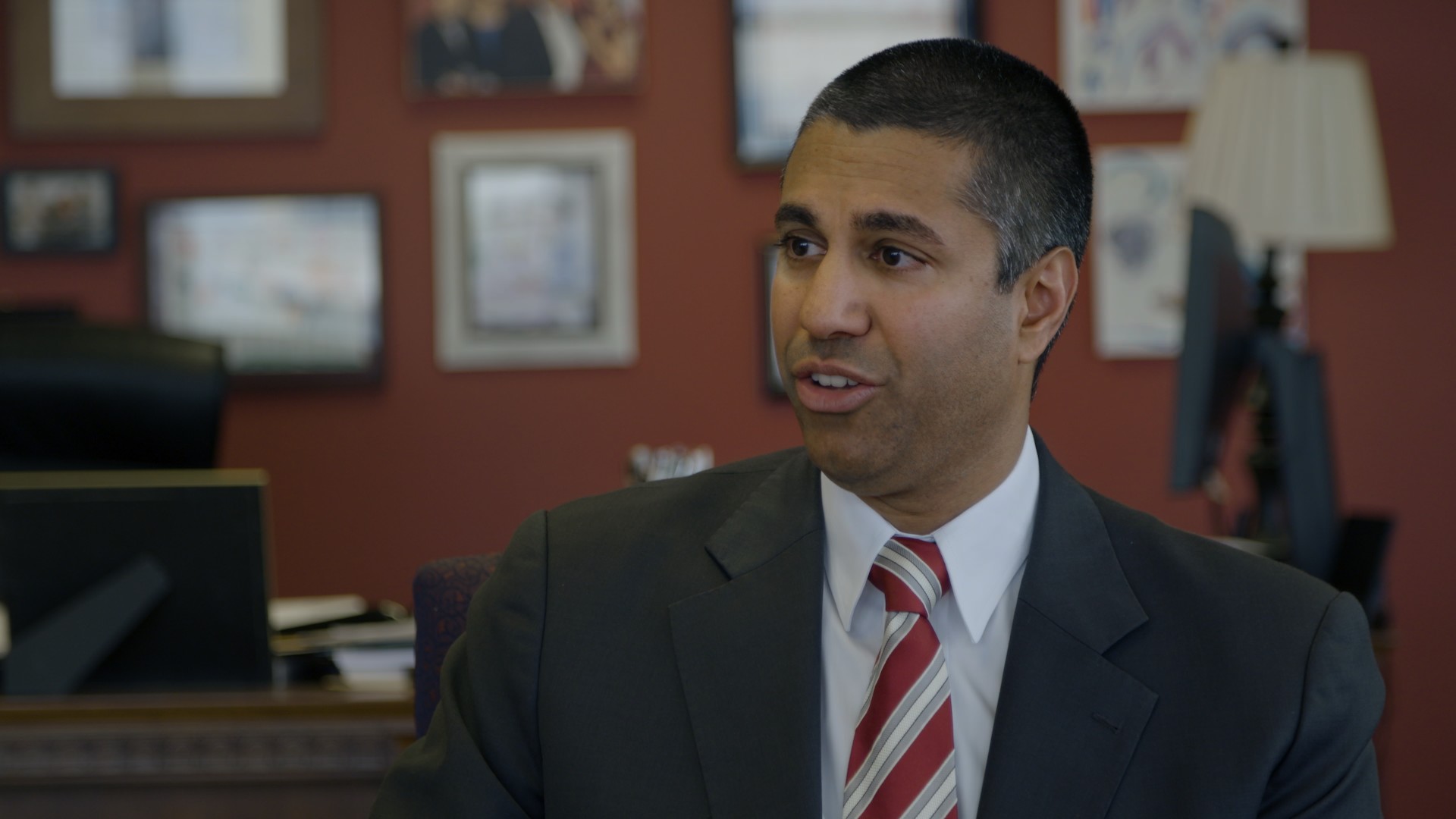The Federal Communications Commission will vote Thursday on whether to kill President Obama’s 2015 net neutrality internet reform. Because of the FCC’s Republican majority, it will almost certainly pass.Net neutrality is the principle that your internet providers can’t throttle, censor, or in any other way affect the way you access content on the internet. FCC Chairman Ajit Pai, who was previously a lawyer for Verizon, has claimed that these “open internet” rules have excessively harmed the businesses of the telecoms. Under his new proposal, telecoms would instead abide by open internet “principles,” under which their only real obligation is to let consumers know when their internet is being throttled.Though Pai first previewed this proposal in April, he formally introduced it on November 22 to an overwhelmingly negative reception from virtually everyone except the telecoms and their Republican allies in Washington. 83 percent of voters nationwide — including 75 percent of Republicans — want to keep the 2015 net neutrality rules in place, according to a recent University of Maryland survey.In addition to the wide dissatisfaction with Pai’s proposal itself, critics and lawmakers say that the FCC has badly mismanaged the process leading up to the Thursday vote. As many as 2 million public comments submitted (of more than 23 million in total) to the FCC in recent months regarding net neutrality used stolen identities, New York State Attorney General Eric Schneiderman found in an investigation.A handful of Congressional Republicans, recalling the substantial backlash to the successful GOP effort to roll back internet privacy rules this past March, have asked Pai to slow down or reconsider his push to repeal net neutrality. Barring nuclear war or natural disaster, there’s basically no chance of that happening.
